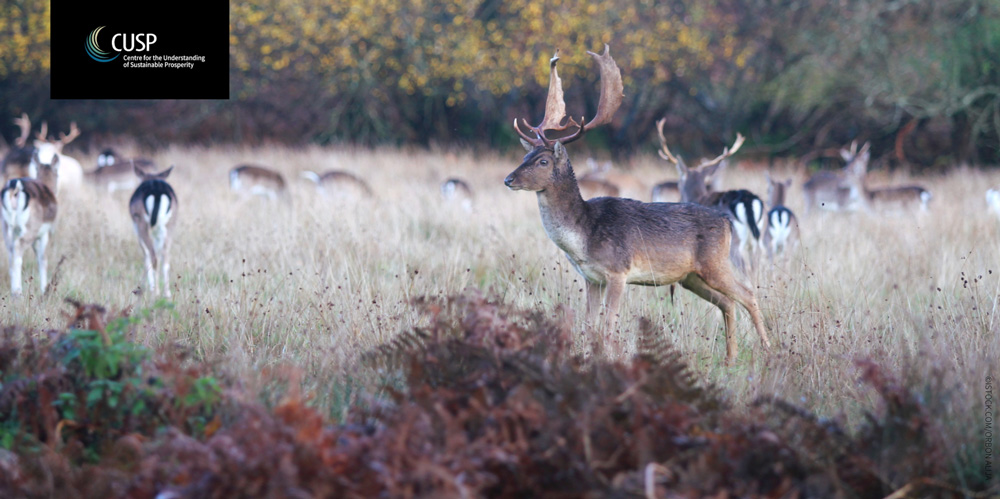Recovering from the Pandemic: Bolstering Wellbeing with Nature
CUSP researcher Birgitta Gatersleben leading a set of environmental psychology studies that investigate how Covid-19 restrictions have affected nature engagement and thus people’s health and wellbeing. The findings are expected to highlight the importance of a green recovery from the Covid-19 pandemic.

Evidence has shown us that engaging with nature hosts a variety of wellbeing benefits for individuals, including a reduction in unpleasant feelings, such as stress and fear, and improvements in mental health. However, in late March 2020 the UK went into the first lockdown in response to the Covid-19 pandemic, part of which meant there were tough restrictions on movement outside the home. This caused significant changes in people’s engagement with nature and ultimately likely affected the wellbeing benefits derived from natural experiences.
The term ‘green recovery’ has been used throughout the Covid-19 crisis describing the option of sustainably rebuilding the UK economy both economically and environmentally. It is described by the OECD as a “one-in-a-lifetime opportunity” for the government. A green recovery essentially promotes a sustainable partnership between people and the planet, supporting both human wellbeing and environmental quality.
Following from this, a team lead by Professor Birgitta Gatersleben, in collaboration with Natural England, has been investigating changes in nature engagement and wellbeing in a project composed of 4 individual research studies:
- A longitudinal survey measuring changes in wellbeing and nature engagement across 800 households in England, pre, during and post lockdown.
- A text analysis of comments on the Chris Packham and Springwatch 2020 Facebook pages during lockdown, looking at digital nature engagement.
- An ethnographic interview study of up to 30 families of different socio-economic backgrounds, providing an in-depth analysis into experiences of nature throughout the pandemic.
- Secondary data analyses of the People and Nature Survey collected by Natural England, relating to nature engagement in England.
The main focus of the project is to investigate how Covid-19 restrictions have affected nature engagement and thus people’s health and wellbeing. Interim findings from Study 2 so far indicate that many people in the UK have resorted to nature engagement online, from which wellbeing and mental health benefits have been gained. These nature-based digital platforms have even been described by many as a “lifeline”, helping them to get through the pandemic.
This vital project, funded by the ESRC, is due to be completed in December 2021. The findings are expected to highlight the importance of a green recovery from the Covid-19 pandemic. The research will also point to ways in which we can improve the wellbeing of people throughout this and future pandemics.



